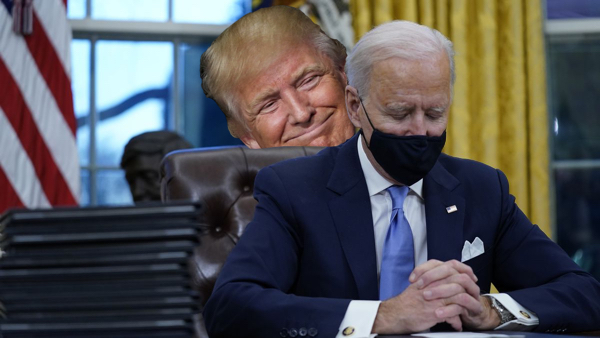Steven Ahle| Judge Bruce Reinhart on Monday formally rejected the DOJ’s argument for keeping the affidavit on the raid on Mar-a-Lago sealed. He also indicated that although agrees that agents’ names remain redacted, he wants as much of the affidavit made public, he will not allow mass deletions and he will reject any he feels is unnecessary. The judge says that the public has a right to know what is in the document because it is unprecedented.
This makes me wonder. Judge Bruce Reinhart signed off on the search warrant and he could rule that the document remained sealed just as the DOJ wants. So, why isn’t he? This is merely speculation and is not based on any facts in my possession, but, if the FBI or DOJ lied in their affidavit? By releasing the affidavit, it could clear the judge of overstepping his bounds. All of the blame would fall on the DOJ since Merrick Garland has admitted that he approved the search warrant.
The judge said:
“The Government argues that even requiring it to redact portions of the Affidavit that could not reveal agent identities or investigative sources and methods imposes an undue burden on its resources and sets a precedent that could be disruptive and burdensome in future cases. I do not need to reach the question of whether, in some other case, these concerns could justify denying public access; they very well might.”
Judge Reinhart gave the DOJ an “opportunity to propose redaction.”
The government has until Thursday, August 25 at noon to file under seal a submission “addressing possible redactions and providing any additional evidence or legal argument that the Government believes relevant to the pending Motions to Unseal.”
Fox News reported:
Judge Bruce Reinhart on Monday admitted the FBI’s raid on former President Trump’s Mar-a-Lago home was “unprecedented” and formally rejected the Justice Department’s argument to keep the affidavit leading to the search under seal, citing the “intense public and historical interest.”
Reinhart, in a filing Monday morning, said he rejects “the Government’s argument that the present record justifies keeping the entire Affidavit under seal.”
“Particularly given the intense public and historical interest in an unprecedented search of a former President’s residence, the Government has not yet shown that these administrative concerns are sufficient to justify sealing.”
Reinhart said he has given the Justice Department an “opportunity to propose redaction,” something he granted last week, giving the government a deadline of Thursday, Aug. 25 at noon.
“Accordingly, it is hereby ORDERED that by the deadline, the Government shall file under seal a submission addressing possible redactions and providing any additional evidence or legal argument that the Government believes relevant to the pending Motions to Unseal,” the motion states.











